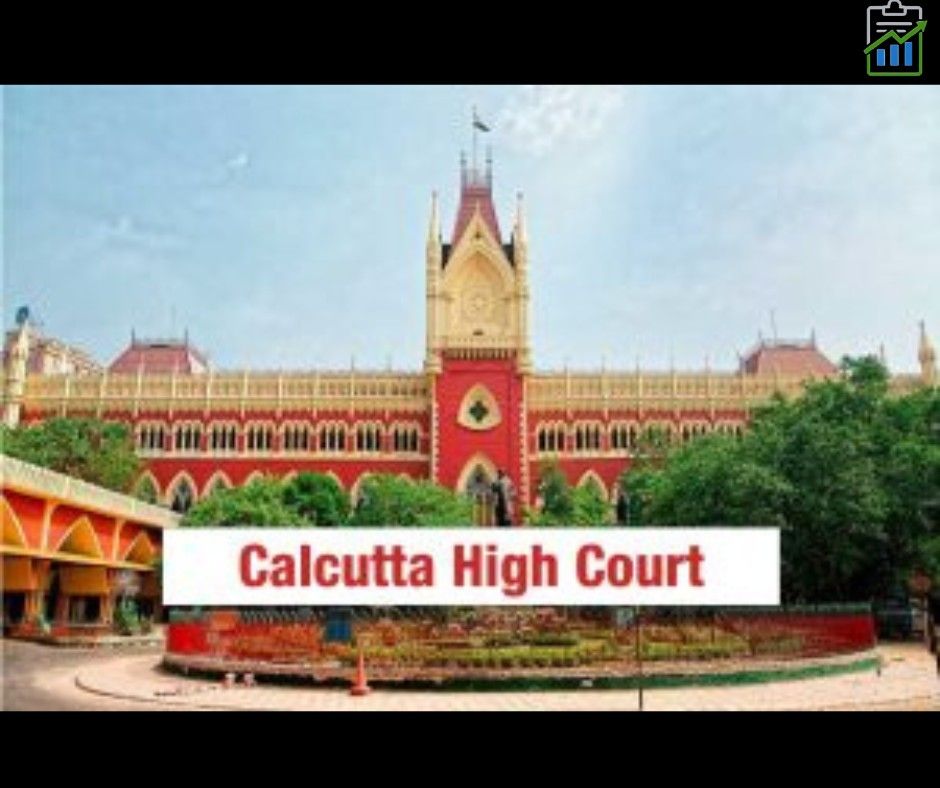
The Calcutta High Court in the case of M/S LALWANI FERRO ALLOYS LTD. VS. ASSISTANT COMMISSIONER, CGST & CX, PARK STREET DIVISION KOLKATA SOUTH COMMISSIONERATE, GST BHAWAN & ORS. Vide Case No. WPA 13913 of 2025 dated 16.07.2025, reinforces the view that recipient ITC cannot be denied automatically, particularly where supplier default is involuntary and irreversible due to statutory proceedings under the IBC. The Revenue must show due diligence in protecting its claims during insolvency. Petitioner were directed to file the NCLT-approved resolution plan, based on which it was claiming that it should not be liable for the supplier’s unpaid GST. Also, establish that the supplier’s liability was extinguished under the IBC and thus Section 16(2)(c) of the CGST Act could not be invoked against the recipient.
Facts of the Case: The petitioner challenged an appellate order under Section 107, concerning the tax period 2017–18. The petitioner had availed Input Tax Credit on supplies received from M/s Cosmic Ferro Alloys Ltd. (i.e. supplier), who had declared the outward supplies in Form GSTR-1, but failed to discharge their tax liability by not filing GSTR-3B.
On the basis of Section 16(2)(c) of the CGST Act, which requires that tax must be paid to the government for ITC to be validly availed, the department reversed the ITC claimed by the petitioner.
The petitioner argued that the supplier, M/s Cosmic Ferro Alloys Ltd., had undergone a Corporate Insolvency Resolution Process (CIRP) under the Insolvency and Bankruptcy Code (IBC), 2016, and a resolution plan was approved by the NCLT, Kolkata, on 11th October 2018.
Further, submitted that the tax authorities did not file any claim before the Resolution Professional (RP). Upon NCLT’s approval of the resolution plan under Section 31 of the IBC, all liabilities of the supplier, including tax dues, stood extinguished. Hence, the recipient should not be penalized for the supplier’s default, especially when the government did not attempt to recover the tax.
Issue: Whether ITC can be denied to the recipient under Section 16(2)(c) of the CGST/WBGST Act, 2017, merely because the supplier failed to pay tax via GSTR-3B, even though the supply was declared in GSTR-1. Whether such denial is justified when the supplier was undergoing CIRP, a resolution plan was approved by NCLT, and the tax authorities failed to file any claim in the insolvency proceedings.
Held that:
The Court held that the writ was maintainable under Article 226 of the Constitution, since the GST Appellate Tribunal is not yet functional, and the Petitioner had no alternate remedy beyond the first appeal.
The Court stayed recovery proceedings initiated by the department under the appellate order, subject to the Petitioner depositing 10% of the disputed amount (in addition to the deposit already made under Section 107(6)). Also, directed to file a copy of the NCLT-approved Resolution Plan, which extinguished the tax liability of the supplier.
Further, directed department to file a detailed affidavit-in-opposition, specifically whether it had filed any claim before the Resolution Professional in CIRP proceedings, if not explain its inaction during the insolvency process, and produce records showing steps taken to protect the department’s tax claim.
The High Court did not conclusively adjudicate on whether Section 16(2)(c) is enforceable in such situations, but implicitly recognized that a bonafide recipient may not be held liable if the supplier’s tax default was resolved under the IBC; and the case raises an arguable question of law, which needs to be examined after evidence is placed on record.
Conclusion :
This landmark ruling by the Calcutta High Court offers critical relief to honest taxpayers caught in supplier defaults due to insolvency. If you’ve faced ITC reversals or GST notices for reasons beyond your control, consult IndTax Filings. Our experts will guide you through appeals, documentation, and ensure your rights are protected under GST law. ✅ Talk to our legal-GST experts today!
